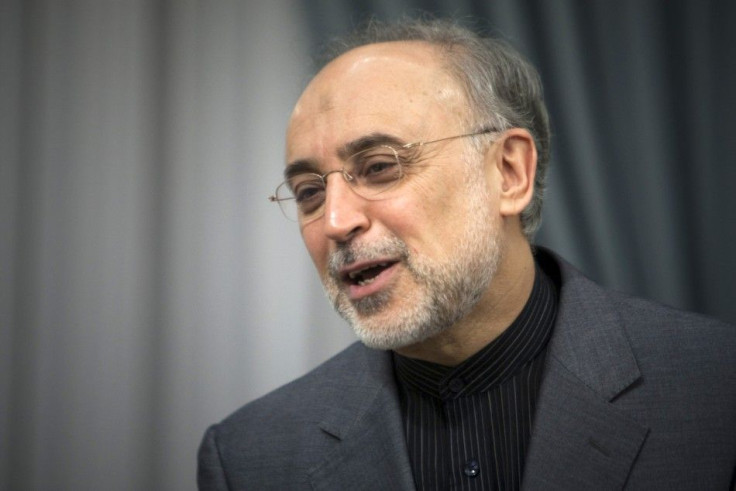Making Nuclear Bombs a 'Great Sin': Iran

While the international community and the U.N. nuclear watchdog allege that Iran is operating a clandestine nuclear weapons program, the latter has gone a step further in denial to condemn the production of atomic weapons as a great sin.
Iranian Foreign Minister Ali Akbar Salehi, speaking at the U.N.-sponsored Conference on Disarmament in Geneva on Tuesday, said he expected to continue negotiations with the International Atomic energy Agency (IAEA) and the Western nations which have expressed concerns over Tehran acquiring nuclear arms, Reuters reported.
Salehi said Iran doesn't see pride in producing nukes and the Islamic decree prohibits the use of nuclear weapons as a great sin.
I would like to re-emphasize that we do not see any glory, pride or power in the nuclear weapons, quite the opposite based on the religious decree issued by our supreme leader, the production, possession, use or threat of use of nuclear weapons, are illegitimate, futile, harmful, dangerous and prohibited as a great sin, he said.
Salehi's religious rhetoric, however, has served little purpose in convincing the skeptical Western camp, including the U.S. and Iran's archenemy Israel.
Despite Iran's appeal for negotiations on the alleged nuclear arms program, the IAEA hasn't scheduled further talks to discuss Tehran's nuclear pursuit.
Last week, an IAEA report said Iran was significantly stepping up its uranium enrichment which escalated the speculation of an imminent military strike on Iran by Israel aided by the West.
The Jewish state considers the Iranian nukes as an existential risk, and has threatened to launch a preemptive strike to prevent Iran acquiring nuclear bomb.
Israel may be planning to launch an attack on Iran without warning its most important ally, a U.S. intelligence official familiar with the bilateral discussions between the two nations told the Associated Press Monday.
The intelligence official, who wished to remain anonymous, said Israeli authorities would keep the U.S. in the dark to reduce the likelihood that Washington would be held responsible for failing to stop Israel from initiating a crisis situation in the already turbulent Middle East, the AP reported. But Tel Aviv's stance also signifies its frustration over Washington's reluctance to support Israel in initiating a military action, the report said.
U.S. media reports have already been vocal about Netanyahu government's opacity over matters relating to its crisis situation involving Iran. It was reported that defense minister Barak is the one pushing for a military strike on Iran, despite differences of opinions within the Israeli top officials about the use of brute force in disarming Iran.
© Copyright IBTimes 2024. All rights reserved.












